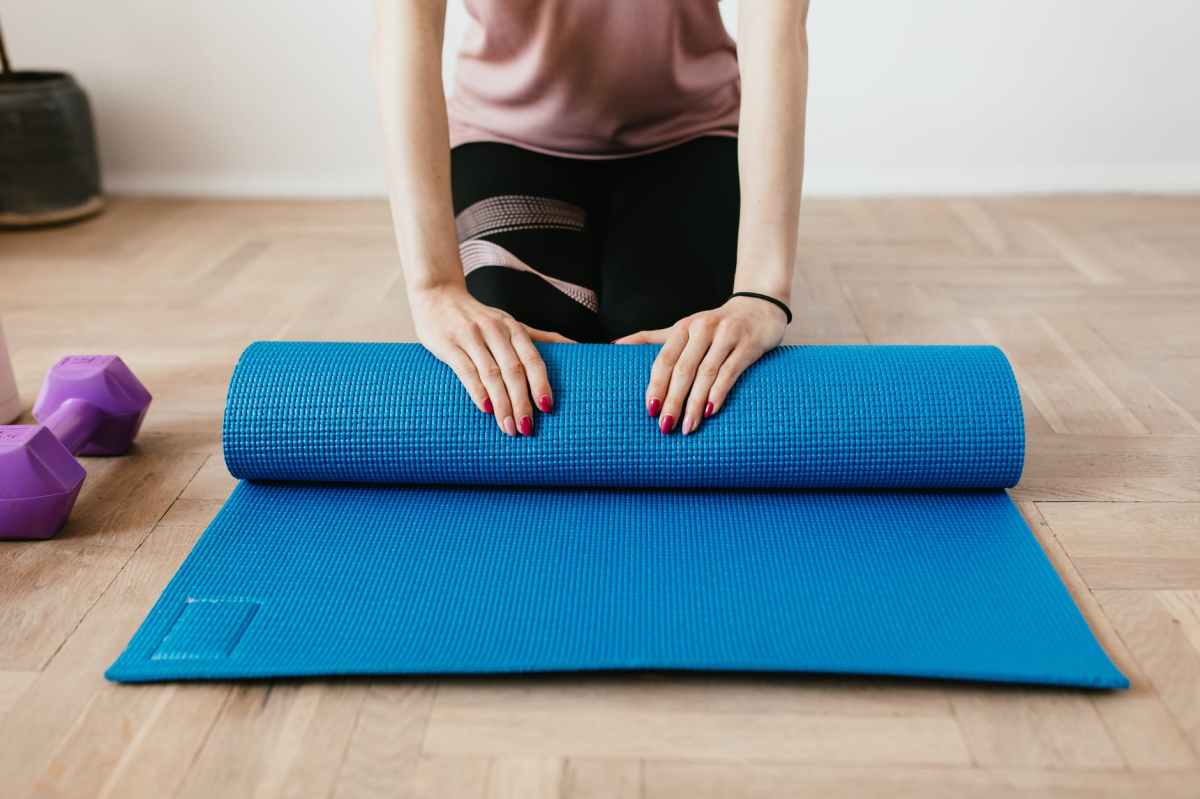One of the reasons people struggle to achieve work-life balance is because they find it difficult to disengage from their jobs at the end of the workday, such as eating dinner while sitting in front of the laptop or continuing to reply to emails or texts while having conversations with family members. And even if they don’t do physical work, they might end up spending the evening in bed thinking about all the work-related tasks they need to accomplish the next day. This can lead to what MindNation WellBeing Coach Nicole Fabian, RPm, calls “anticipatory stress” — or any stress that you experience concerning the future. All of these negatively impact one’s physical and mental well-being, as well as affect quality time with family members. “This is why it’s important to make a clean break from work at the end of the day; when you mentally unplug from work, you reduce stress and protect your mental health,” she advises.

If you are one of those who find it difficult to take a break between your professional and personal times, below are some end-of-day routines that can help:
Before leaving the office:
- As much as possible, always end work at the same time. “Set an alarm if possible,” Nicole advises. “This sends a signal to your brain that work is over, and when you do it often enough, it will become a habit.” Don’t worry if it will look to others as if you can’t wait to go home; on the contrary, doing it this way will even make you a better employee. “You will actually become more productive and improve your time management skills because you know that you have to get all the important tasks done within your work time,” she assures.
- Do one more small task. Whether it’s making a short phone call, signing a document, or responding to an email — these help end your work day on a positive note and leave you feeling pleased and gratified that you have one less thing to do the following day.
- Make a to-do list. Write down all the tasks that you need to accomplish tomorrow, in order of importance. That way you can go to bed without worrying that you might forget to do something the next day.
- Straighten up your work area. Clean out your email as well. Block off a few minutes to delete unnecessary CCs or spam invitations. Emails can stack up fast in the morning, so decluttering your inbox the night before makes sure you don’t miss out on the important ones the next day.
- Have something to look forward to at the end of the work day. Whether it’s working out or catching up on your favorite tv show, have a relaxing activity that will keep your mind occupied. “Not only is it a form of self-care, it also ensures that your thoughts won’t be tempted to stray towards thoughts of work,” Nicole says.

Outside of work:
Turn off your email notifications or put work-related apps on mute. “If it’s really an emergency, your colleagues can call you,” Nicole points out. Remember that part of good mental health is establishing and communicating boundaries, so be sure to let colleagues know from the start that your time after work is your own.
How you end your day has an effect on the level of stress and happiness that you carry home, which in turn can impact your health, relationships, and your overall level of happiness. Closing out your work day in an orderly and positive note makes a clean psychological transition into the personal side of life.
–Written by Jaclyn Lutanco-Chua of MindNation


















